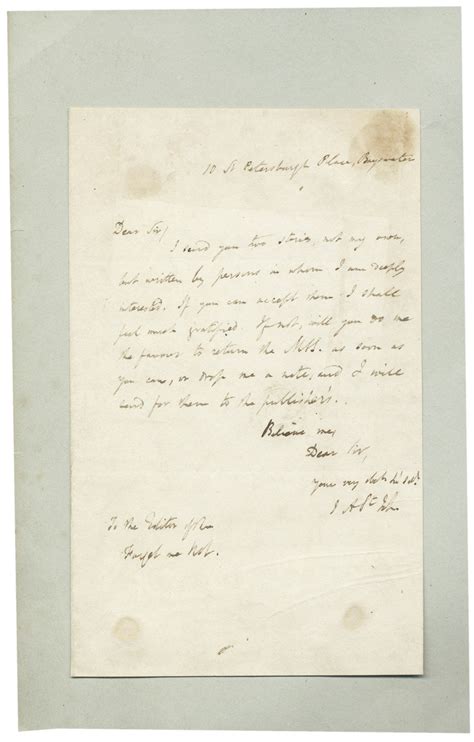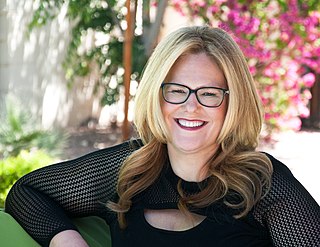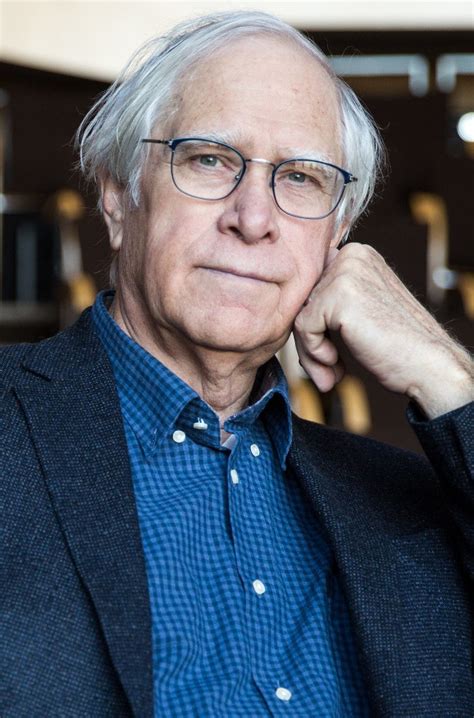A Quote by Desmond Tutu
Forgiveness is something that we are often asked to grant and very few of us ever have the roadmap of how to get from the pain that we have experienced to being able to forgive someone.
Related Quotes
Forgiveness does not mean that we suppress anger; forgiveness means that we have asked for a miracle: the ability to see through mistakes that someone has made to the truth that lies in all of our hearts. Forgiveness is not always easy. At times, it feels more painful than the wound we suffered, to forgive the one that inflicted it. And yet, there is no peace without forgiveness. Attack thoughts towards others are attack thoughts towards ourselves. The first step in forgiveness is the willingness to forgive.
When we forgive someone, we do not forget the hurtful act, as if forgetting came along with the forgiveness package, the way strings come with a violin. Begin with the basics. If you forget, you will not forgive at all. You can never forgive people for things you have forgotten about. You need to forgive precisely because you have not forgotten what someone did; your memory keeps the pain alive long after the hurt has stopped. Remembering is the storage of pain. It is why you need to be healed in the first place.
Forgiveness means that I continually am willing to forgive the other person for not being God — for not fulfilling all my needs. I, too, must ask forgiveness for not being able to fulfill other people's needs. … The interesting thing is that when you can forgive people for not being God, then you can celebrate that they are a reflection of God.
Have you ever experienced a pain so sharp in your heart that it's all you can do to take a breath? It's a pain you wouldn't wish on your worst enemy; you wouldn't want to pass it on to anyone else for fear he or she might not be able to bear it. It's the pain of being betrayed by a person with whom you've fallen in love. It's not as serious as death, but it feels a whole lot like it, and as I've come to learn, pain is pain any way you slice it.
The Bible is clear about two principles: (1) We always need to forgive, but (2) we don’t always achieve reconciliation. Forgiveness is something that we do in our hearts; we release someone from a debt that they owe us. We write off the person’s debt, and she no longer owes us. We no longer condemn her. She is clean. Only one party is needed for forgiveness: me. The person who owes me a debt does not have to ask my forgiveness. It is a work of grace in my heart.
As an individual with my own hurts, I go into the Garden (Gethsemane) as often as I need to. There I identify with the pain in the other, with my part in that pain, my part in tempting someone to wound me. I experience the other's pain, and God's pain, and am devastated - because their pain becomes my own. Feeling such anguish, I can forgive, or deeply repent, either for myself or on behalf of the other.
Do we refuse to forgive? God, too, will refuse to forgive us. As we treat our neighbors, so also does God treat us. The forgiveness or unforgiveness of your sins, then, and hence also your salvation or destruction, depend on you yourself. For without forgiveness of sins there is no salvation. You can see for yourself how serious it is.









































